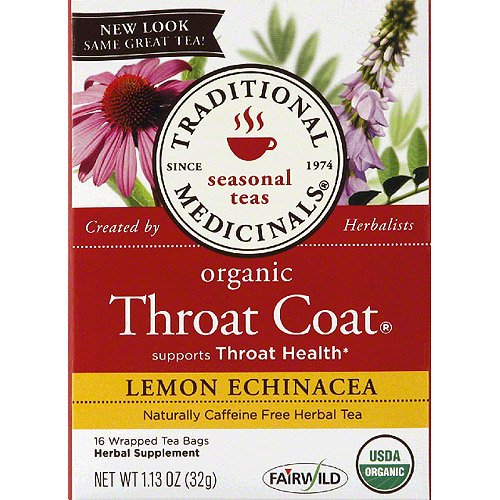At some point, every singer has to deal with the horrors of vocal fatigue. Sometimes it’s a little grit in the throat after a late night, but sometimes it’s full-blown ghost voice, a.k.a. laryngitis. So what should you do if that happens? In most cases, the voice will heal on its own with time. However, regular performers might not have that much time before their next gig. Here are my S.O.S. tips for getting over severe hoarseness as quickly as possible.
Vocal Rest. As Ursula the Sea Witch once said, “No talking, singing, zip.” Get a notepad and use it shamelessly to communicate. Get a good night’s sleep. Whispering is particularly hard on your vocal folds, so none of that.
Drink tea. Hot liquids will help soothe your throat, and many herbal teas also have throat-healing advantages. Throw in some lemon and honey, and voila. A favourite among singers is this Throat Coat tea.

No caffeine, alcohol, or smoking. All of these will further dry out or damage your precious vocal folds. Stay off the sauce!
Slippery Elm. This powerful bark is a favourite of many singers for its ability to speed the repair of damaged throats. It’s also a digestive aid, so be sure to take it as a powder mixed in water, or as a lozenge.

Chocolate. Break off a square of dark chocolate and let it dissolve in your mouth. The chocolate should coat your throat just enough to lubricate the vocal folds. I know singers who use this trick before a show if their voice is feeling a little rough. Can’t hurt if your voice is kaput.
Of course, an ounce of prevention is worth a pound of cure. If you’re not sick, then your laryngitis is likely the result of vocal trauma, i.e. overuse. In my next post, I’ll talk about vocal loading and how you can protect your voice from wear and tear.